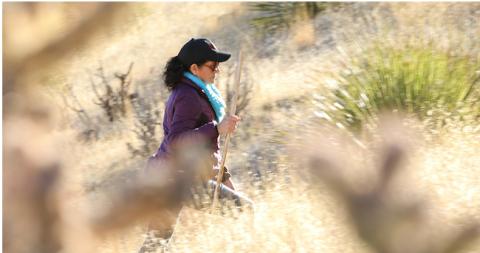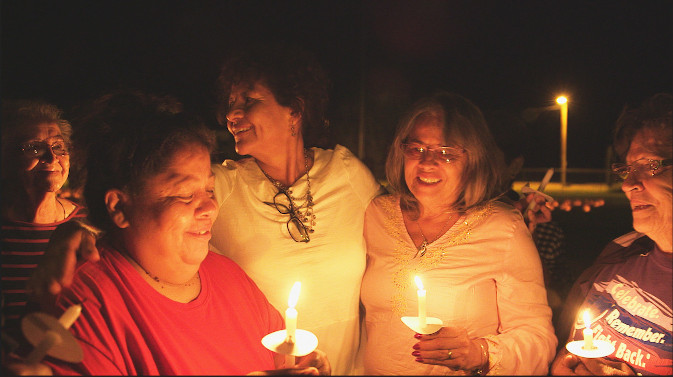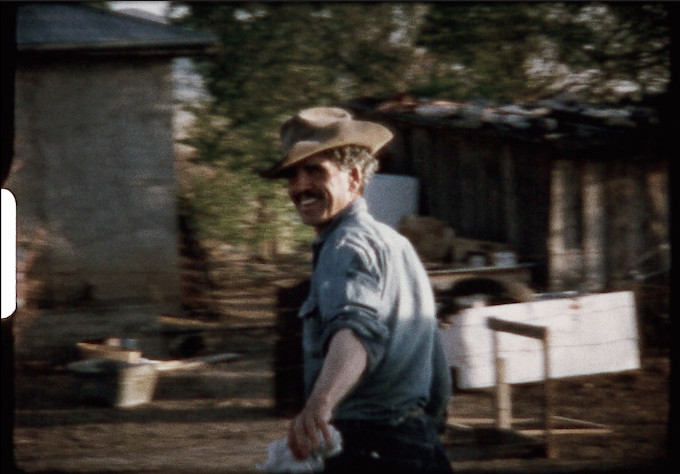‘First We Bombed New Mexico’ Spotlights Injustices Against Victims of the First Bomb Test

The fallout from the first nuclear bomb test in Trinity, New Mexico, had catastrophic consequences, which the families that live in the nearby towns and villages are still dealing with. Their plight has been overlooked for decades, and the government has largely ignored their pleas for justice and compensation. First We Bombed New Mexico, a film by Lois Lipman, is an intriguing documentary that looks into the families’ struggles and the fight for legislature that will aid them.
Most of the information presented in this documentary is saddening, frustrating, and more evidence that the government continues to ignore its most vulnerable citizens. It started when a site was needed for the nuclear bomb test following the Manhattan Project. New Mexico was the chosen destination because it was considered to be far away enough from any large towns -- for a long time, the narrative was that the site was dozens of miles away from the nearest town. In reality, there were many families, mostly Latino and Native, who lived in the area.

One of the most shocking events the documentary explores is that just a couple of years after the bomb test, there was a surge in infant deaths among the families in the nearby towns. In the decades that followed, there was a large amount of cancer cases that were too numerous to be a coincidence or a medical anomaly. It was clear that the radioactive fallout was wreaking havoc, but all queries into the matter were swept under the rug. Before watching this film, I knew there were some cases of cancer caused by radiation being spread by the wind near the test site, but I had no idea that it was so rampant or that modern generations are still being diagnosed with thyroid, intestinal and blood cancers. It’s a sobering revelation that makes you feel for the families still dealing with this while their pleas go ignored.
The elephant in the room is that the government assumed that despite knowing the risks of the bomb test, they could do away with the casualties because most of the families living near the site were poor and non-white. A similar thing happened in Utah, and even though the families there managed to get compensation from the government, the families in New Mexico still haven’t been recognized.

The editing and direction in this documentary are pretty standard, but the story itself is what makes this film so compelling. When you watch a documentary that exposes a lesser-known issue like this, it makes you wonder how you could have gone on for so long without knowing what should be considered a much larger issue.
I guess that’s part of the problem; issues like these continue to exist because they are swept aside and the victims are gaslit and suppressed in hopes that the real story fades with time. It’s easy to recommend First We Bombed New Mexico, just to learn of yet another shortcoming of those in power who are supposed to help the people in need in this country.

Author Bio:
Ulises Duenas is a senior writer and film critic at Highbrow Magazine.
For Highbrow Magazine































































































































































































































































































































